
It is vital to involve your child in sensory activities, this includes exploring touch, taste, sound and more- it is even more important for children with autism. Noisy surroundings and particular atmospheres can cause them to become anxious and irritable.
Although every individual is different, autistic children often share similar characteristics and can struggle to socialise, empathise and join the imaginative play.
Believe it or not- you can now help them improve all of the above by simply encouraging them to engage in sensory play. This includes utilising touch and taste activities for kids, as well as various light-up toys.

Sensory integration can include:
- Touch
- Taste
- Sight
- Sound
- Smell
There’s a number of ways to introduce your little one to the sensory therapy they require, many times it can be sensory play tables. These enable them to discover imaginative ways to play and enjoy their toys whilst using all senses. Different children have their preferences and often they can use the game, how they wish, using objects, sounds and overall tables to suit them.
In this article, we list benefits that sensory activities bring to people with autism.
1. Developing Social Skills
Drawing correlation between general sensory play and social skills may seem irrelevant when initially pondering about the two but experimenting with senses does help improve social skills. There are a number of reasons for this and as you delve into the subject you will unravel a number of advantages. Developing communication and social skills is one of the most important aspects of sensory therapy.
Sensory play allows for children to open brain pathways and subsequently build nerve connections. This then allows social skills to be improved. Recent research has shown that those that have integrated sensory plans every day, for 10-weeks, improve their social interaction, speech and communication skills. This can have many benefits for children with various types of special needs.
Many professionals are urging parents and teachers to incorporate various sensory ideas into their daily routine. A routine for those with autism is another important factor. Combine both by implementing sensory play into their day-to-day plan. This will then help them process information, including the atmosphere and surroundings- that can help individuals with autism become more comfortable in various social situations.
Be sure to check out our post about playground designs for non-verbal children to get ideas on how to create more inclusive play areas.
2. Improving Coordination and Physical Development
One of the overlooked aspects of sensory therapy is coordination and overall physical development. When you think about it, it’s pretty obvious that these types of improvements come hand-in-hand with testing sensory skills. Enjoying all senses can be physical play and also helps develop attributes that essentially help physical activity.
Two of the big factors of improving physical skills is to develop both fine motor skills and gross motor skills. These also contribute to the sensory exploration and can help children with special needs. See below for more information on each:
- Fine Motor Skills- Fine motor skills involve testing precision. This can be picking up small objects. It helps coordination as well as allowing our little ones to experiment with their sense of touch.
- Gross Motor Skills- This refers to playful activities that are physical. This is an important lesson for all children. It can be activities that involve squatting down, jumping, walking and more.
As you can imagine, all of the above assists children with developing physically and with coordination. Those with autism generally struggle with movement and this can then ‘snowball’ as a lack of physical activity will prevent the development of motor skills.
It’s important to note that autistic children have reported that joint hypermobility, apraxia and toe walking are common problems. Sensory activities for autism can sometimes help with these things.
3. Helping Children Relax and Calm Down
If your child is getting agitated, then offering them a toy or game that can activate their stimulus could help calm them down. It can be the case with many kids, but children with autism can get themselves really worked up. If you’re a parent, then you may be aware of the ‘melt-downs’ that occur, this can happen in any location, at any time.
Once it boils over, it can be difficult to put our little one back at ease. It can be painful to watch and not being able to do anything for them, is not a nice situation for any parent or teacher.
Thankfully, it’s possible to calm them with sensory games. Depending on where you are, it’s not always possible to set up specific games- that’s why you’ll need transport-friendly alternatives.
There are also specific playground designs to help Sensory Processing Disorder which can make the outdoors accessible to all children.
4. Stimulating the Brain and Cognitive Skills
Autism is a cognitive disability- and stimulating the frontal lobes can be done in a variety of ways. Each of them includes sensory tasks of some kind, by introducing our children to sensory play from a young age can help them develop the cognitive pathways as well as activating their rationality.
It is often reported that people with ASD struggle to emphasise- sensory therapy can help these individuals develop cognitive skills and improve mental health.

5. Problem-Solving Skills
Many of the aforementioned games and activities include more than switching on their senses, but they also include problem-solving. Like many of the benefits of sensory play included in this article, each of them is intertwined.
For instance, problem-solving and being able to rationalise can then help advance overall social skills and interaction.
Sensory Play Ideas for Autistic Children
By now, we’re aware that sensory play can develop autistic children in a number of ways. It helps improve their coordination, cognitive function, social skills, problem-solving and can put them at ease.
But how can you help them enjoy various sensory play activities?
There’s a number of games and tasks for them to enjoy here are some of our suggestions.
- Scented Playdough- You can make a batch of playdough with scents. It’s possible to buy it with a scent, but you can also mix them with cinnamon, vanilla, almond and other identifiable smells.
- Tasting Game- Simply blindfold and have them guess the taste. It is an enjoyable game that has them rely on the taste sense.
- Musical Instruments- Shakers, homemade drums and other instruments can be a lot of fun. This is something that comes down to individual preference, some noises can create irritation and anxiousness, let them choose the instrument.
- Light-up Games- Different light-up games or activities can immerse children. This can be cartoons, light-up games that include coordination and other toys.
Movement Play- Movement can include a number of things. Get them moving around, walking, finding objects and picking them up.
- 4 Ideas for Teaching Organisation on the Playground
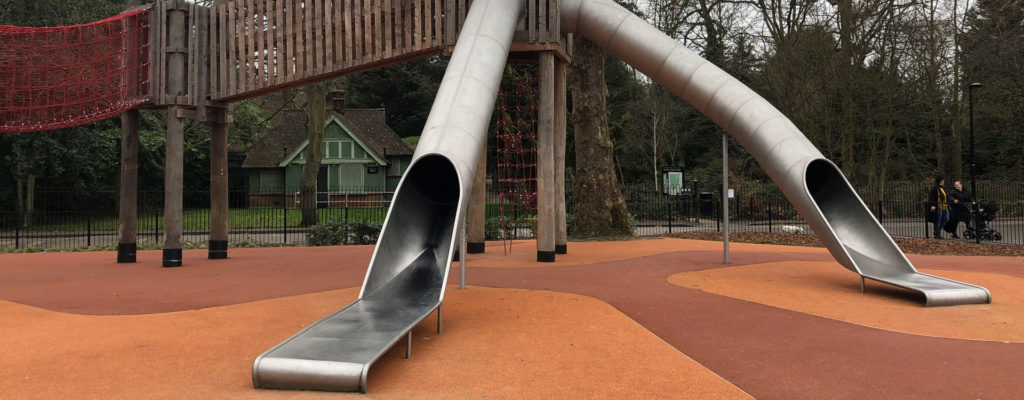
- 4 Reasons Why Schools Have Artificial Grass
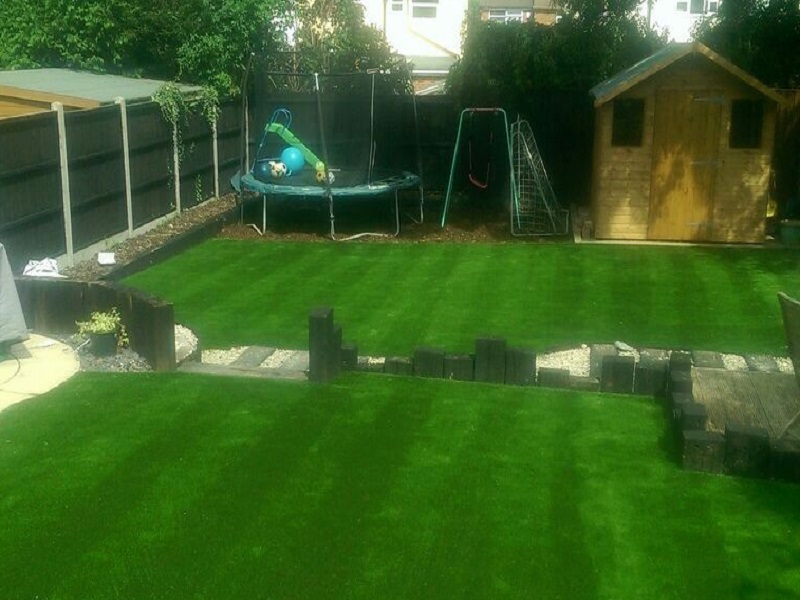
- Activities to Teach Kindness on the Playground
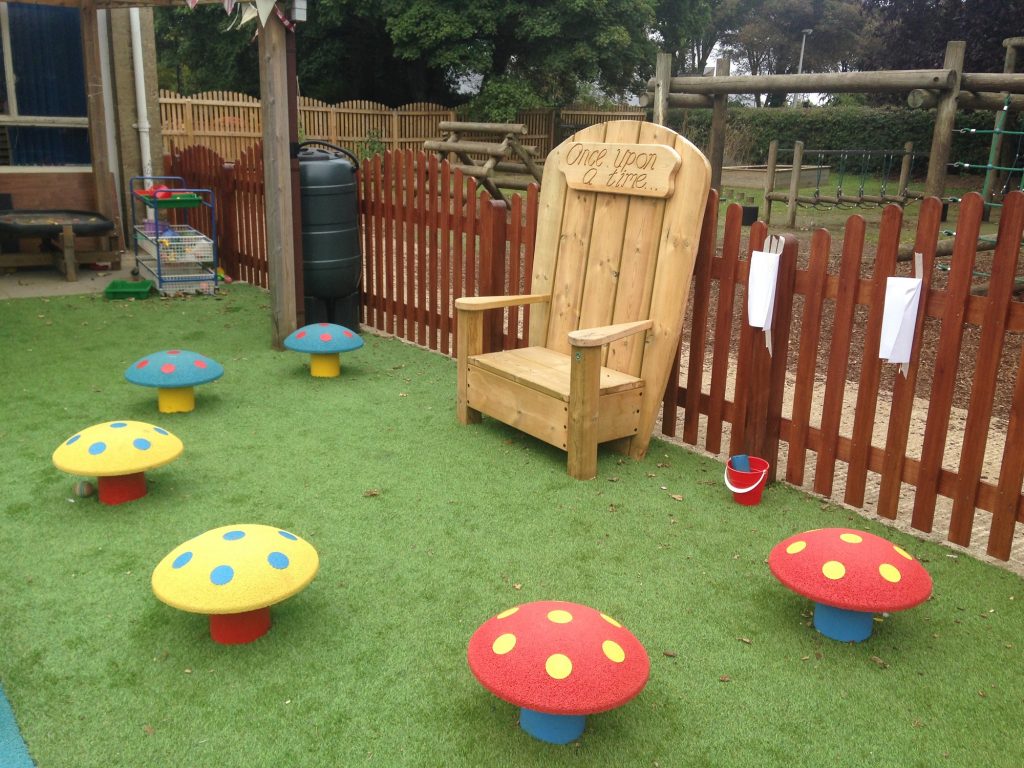
- All Weather Surface Children’s Playground Safety Flooring

- Artificial Grass and Rubber Mulch Surfacing in Derby, Derbyshire
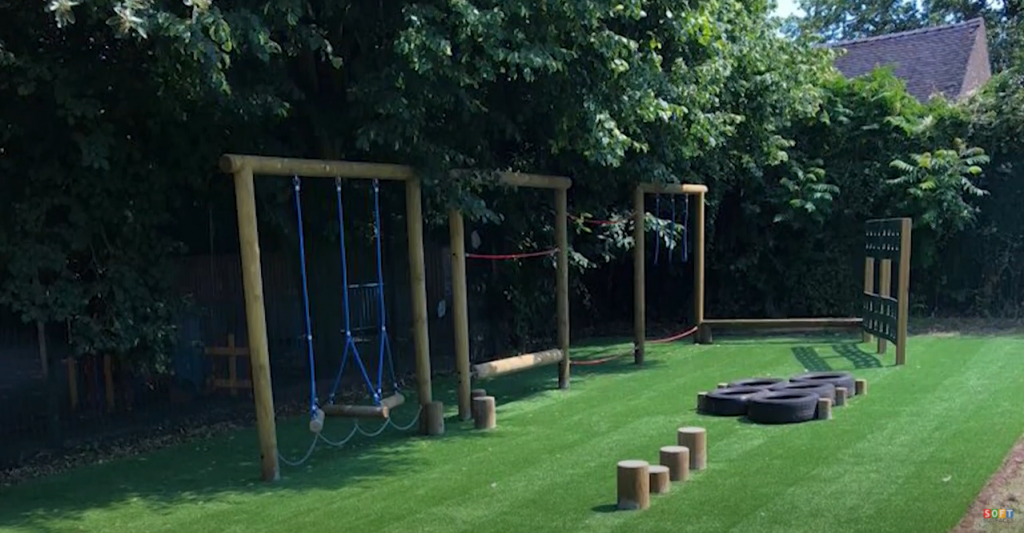
- Artificial Grass and Wetpour Pathway Installation at a School in Birmingham
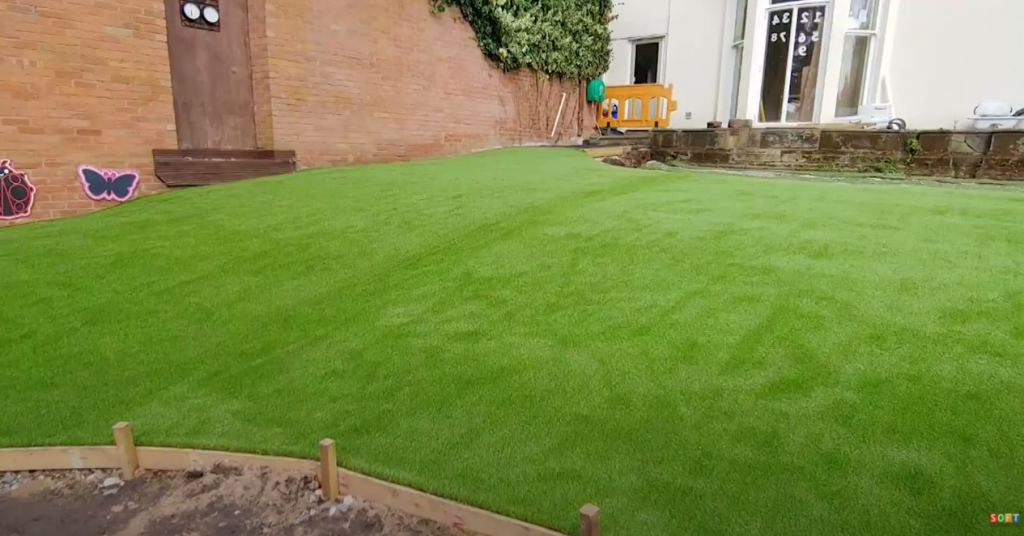
- Artificial Grass and Wetpour Roadway Construction in Liverpool
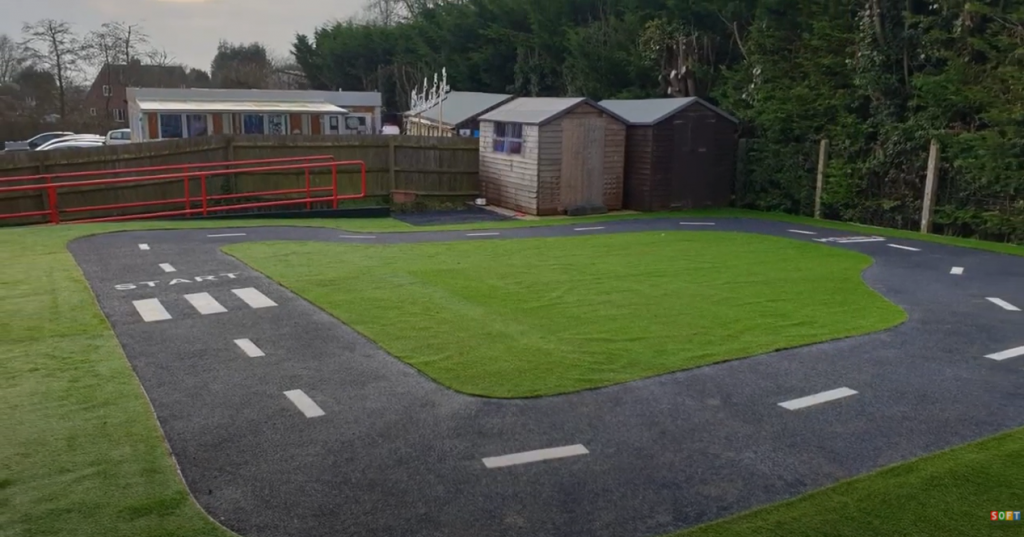
- Benefits of a Mud Kitchen for a School Playground

- Benefits of Climbing in Primary School

- Benefits of Sensory Activities for Individuals With Autism
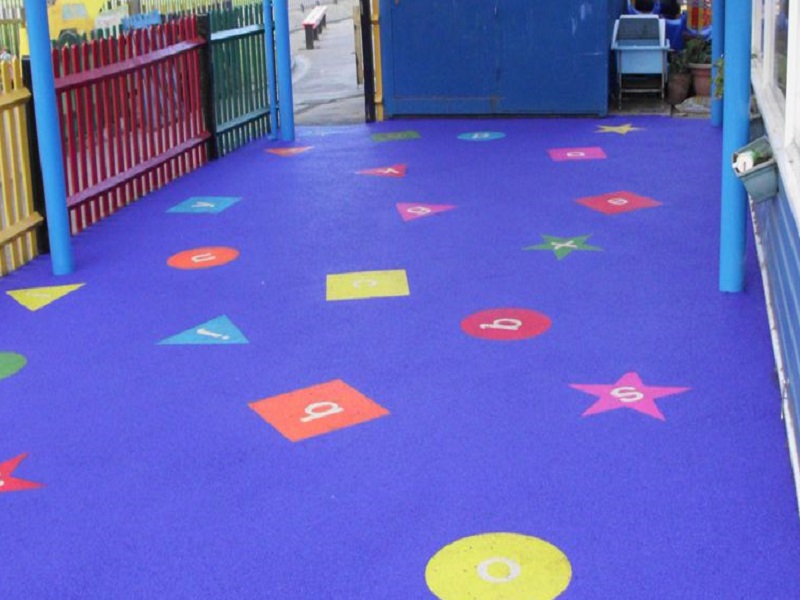
- Bespoke Playground Surfacing With Graphics in Northampton

- Best Playground Equipment for Primary Schools
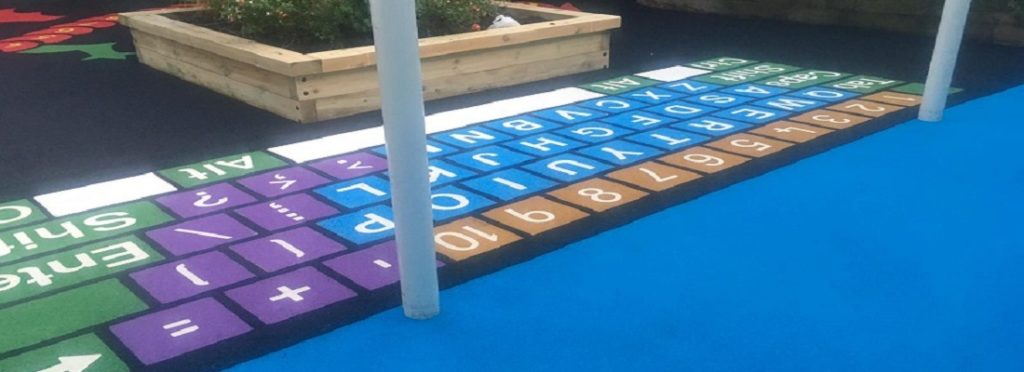
- Black Wetpour & Artificial Turf Construction at a Nursery in Harlow, Essex
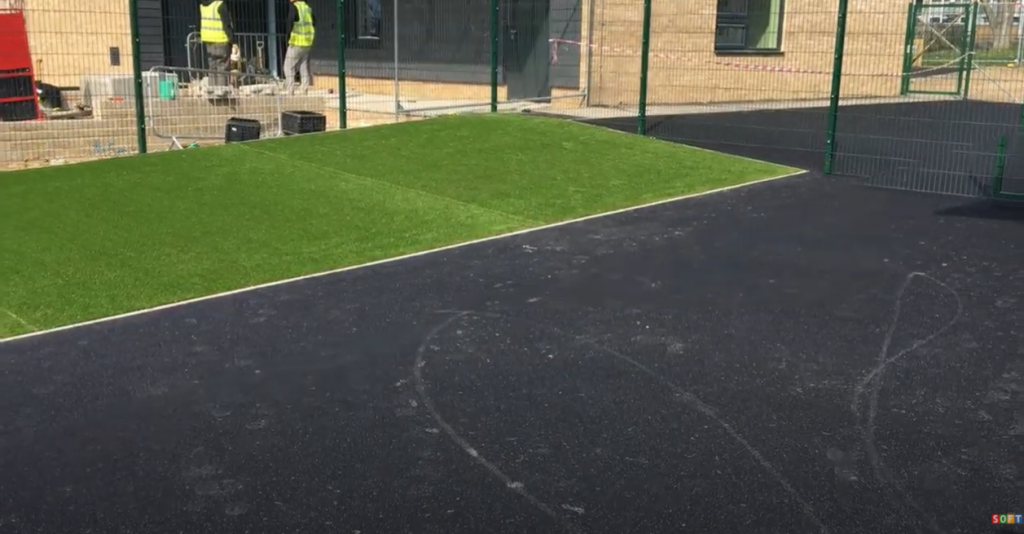
- Black Wetpour Flooring Construction in Canterbury
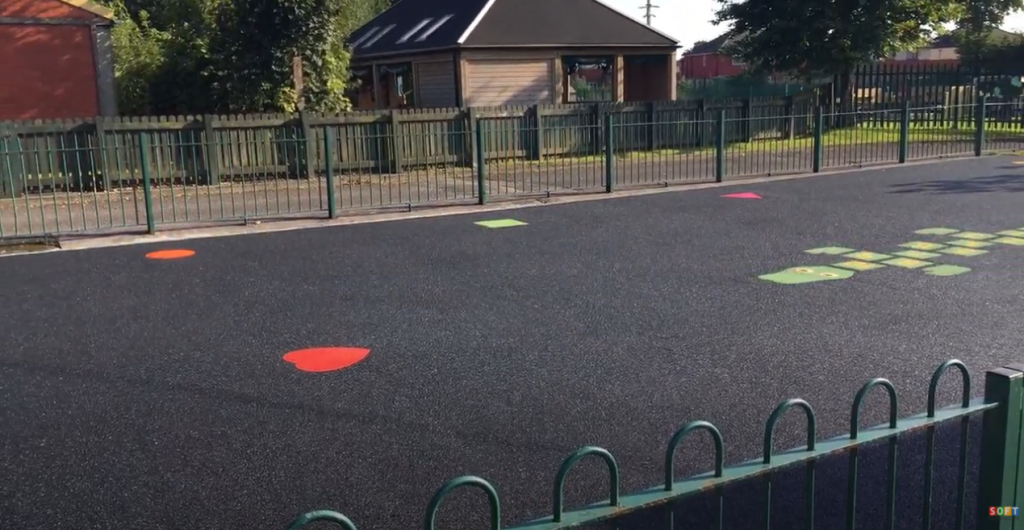
- Children’s Play Area Flooring

- Children’s Sensory Playground Designs
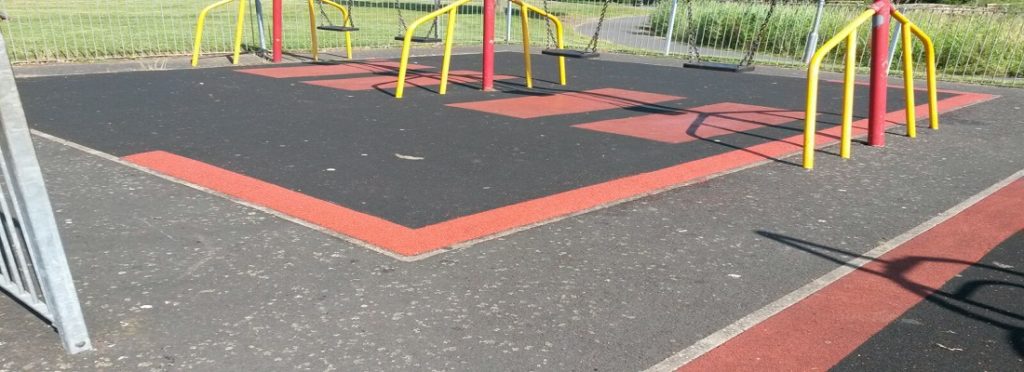
- Colourful Play Area Surfacing in Sheffield, South Yorkshire
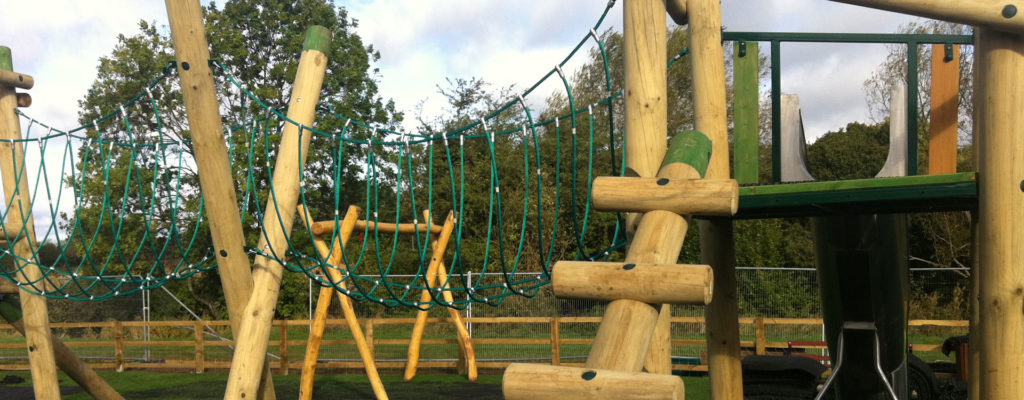
- Colourful Playground Flooring Design in Cardiff, Wales

- Colourful Rubber Playground Flooring in Wakefield, West Yorkshire

- Colourful Rubber Playground Flooring Installation in Wakefield
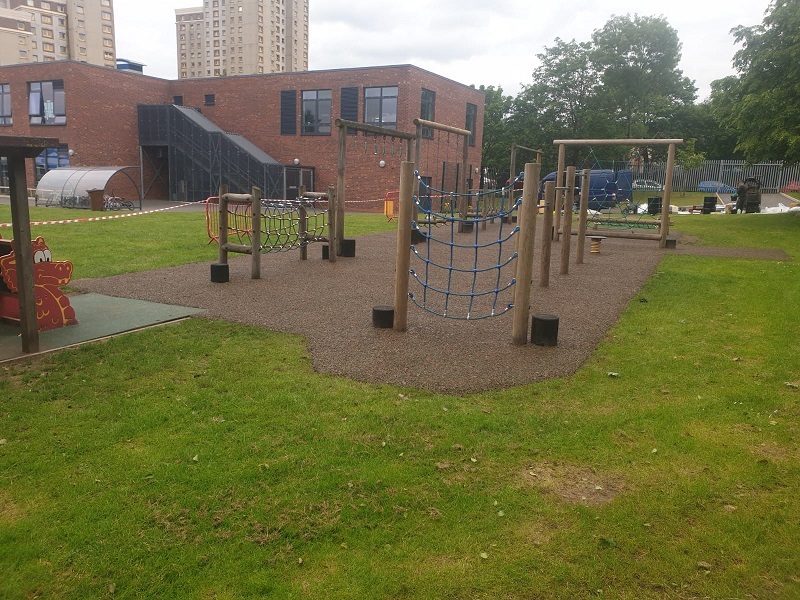
- Colourful UK Playground Surfacing in Bedfordshire
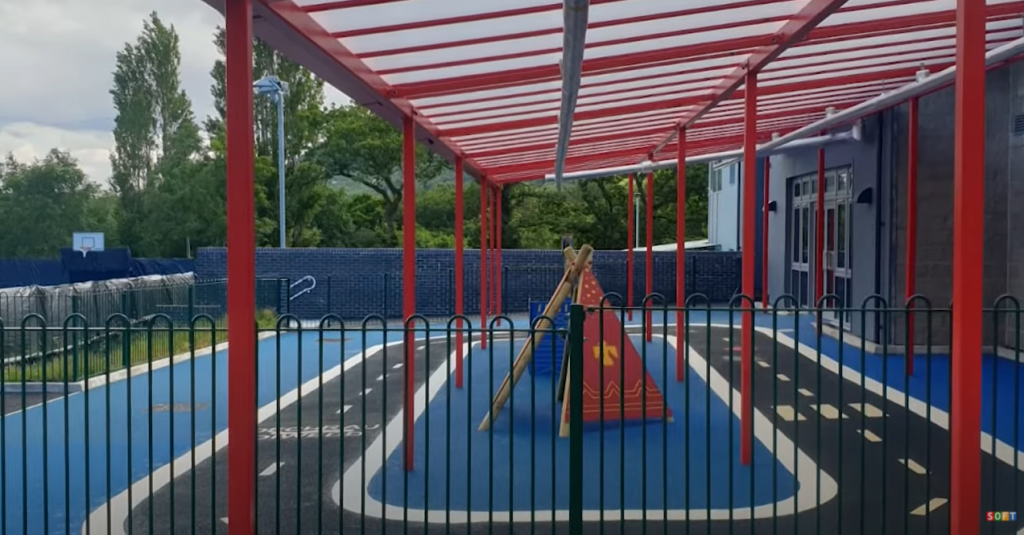
- Cooperative Play Ideas for Kids

- Costs of Schools Playground Safety Surfaces

- Creating a Storytelling Area in Your Playground
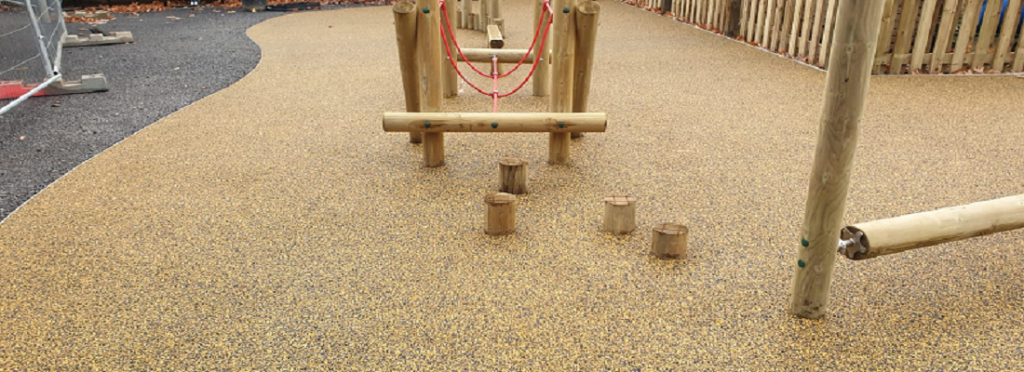
- Day Care Playground Safety Flooring in Stoke, Staffordshire
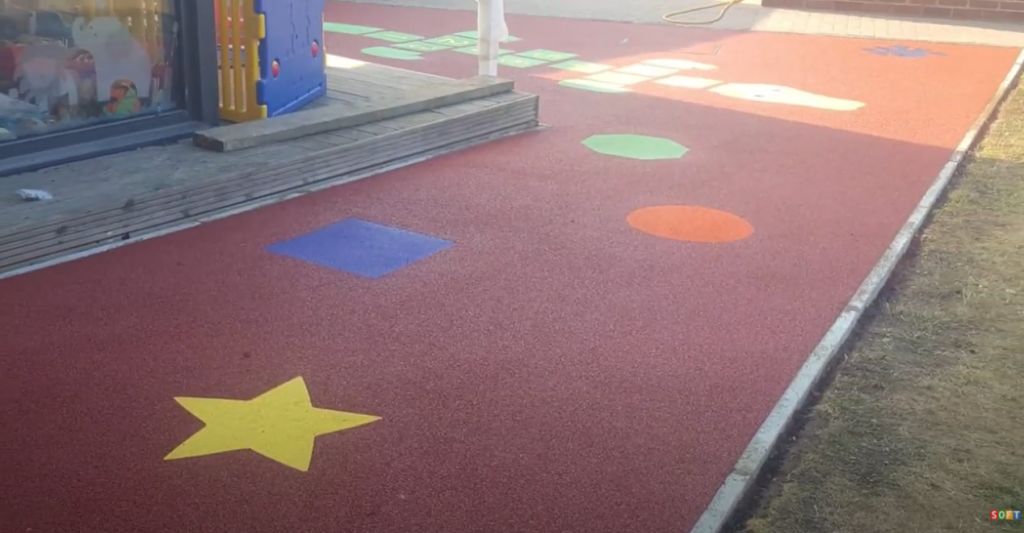
- Den Building Ideas for Schools
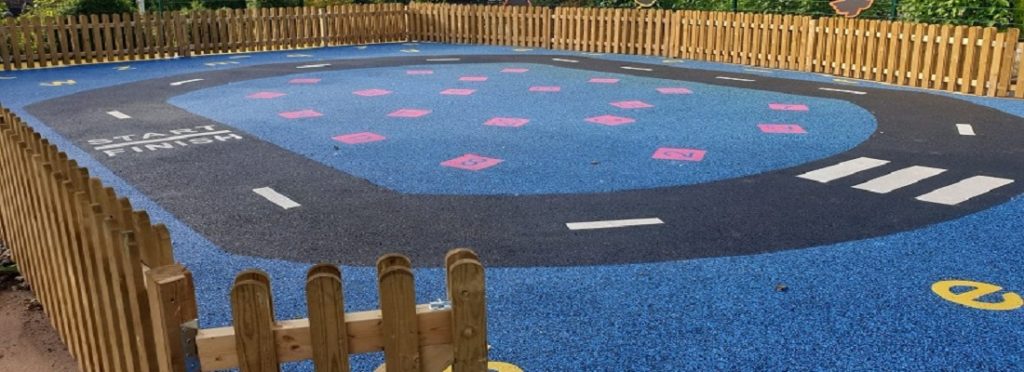
- Early Years Outdoor Play
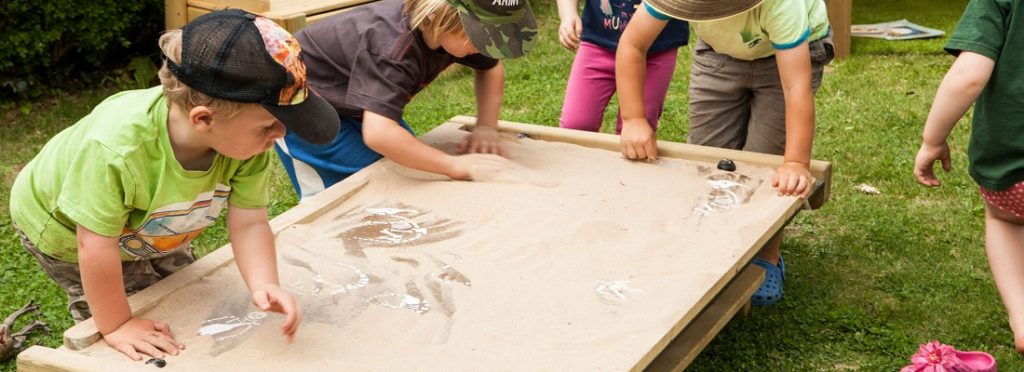
- Educational Play Designs
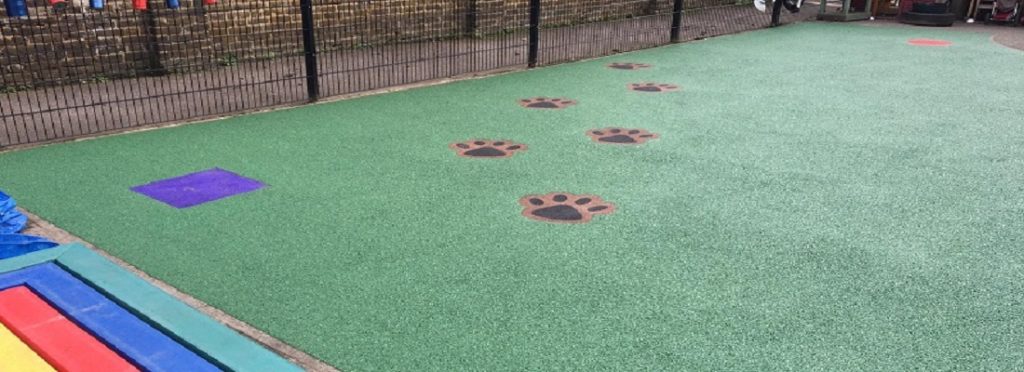
- Educational Playground Surface Installation in Brighton

- Educational Playground Surface Installation in Brighton, East Sussex
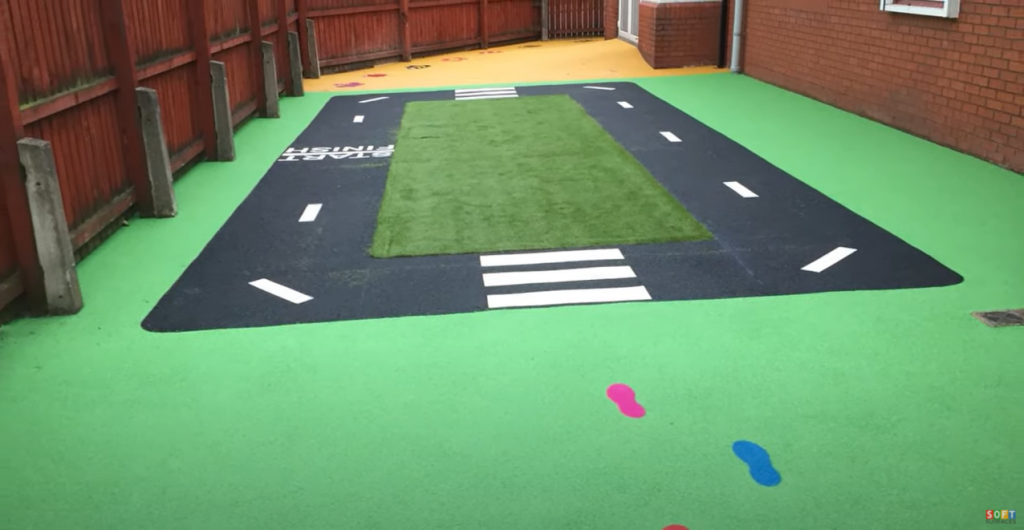
- Encouraging Risk Taking in Outdoor Play
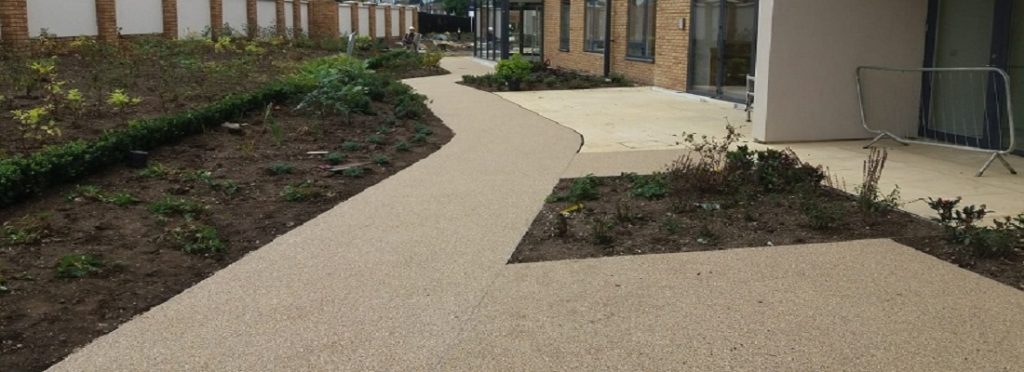
- EPDM Rubber Play Area Flooring in Luton
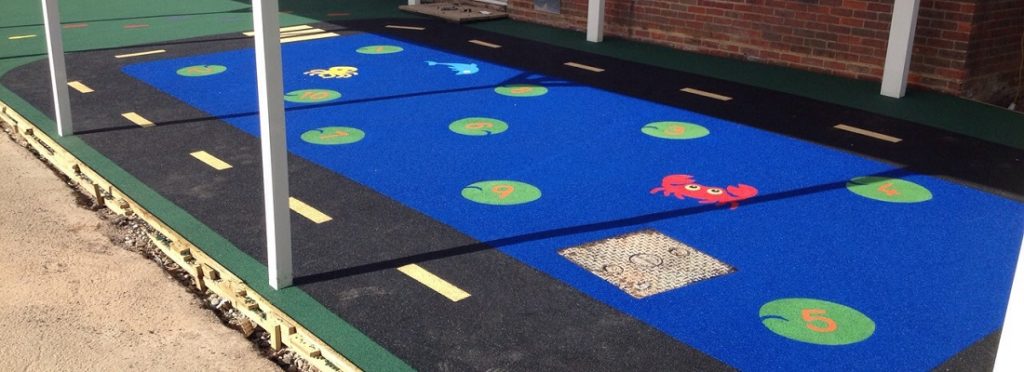
- EPDM Rubber Play Area Flooring in Luton, Bedfordshire
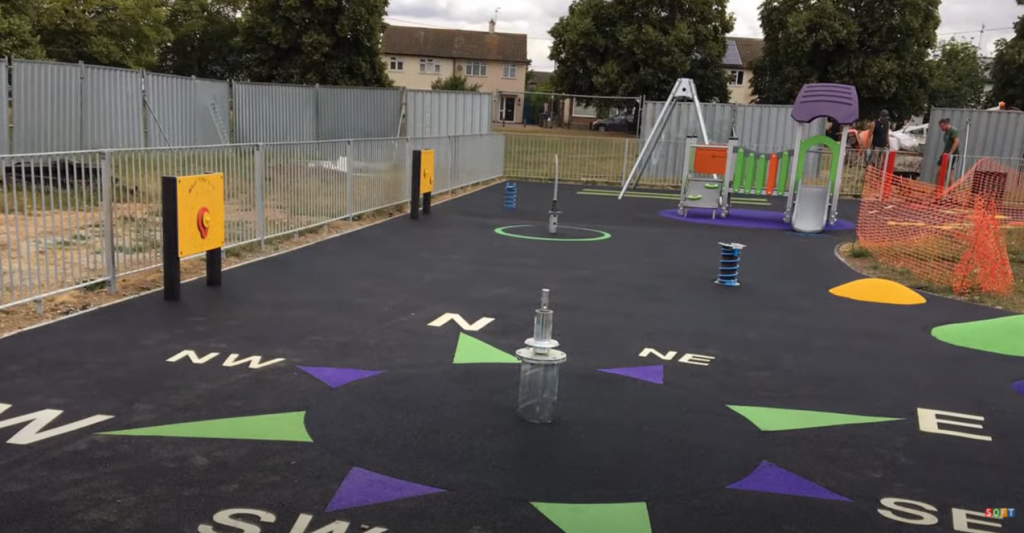
- EPDM Rubber Play Area Surfacing in Leeds, West Yorkshire

- EPDM Rubber Wetpour Flooring in Newcastle, Tyne and Wear
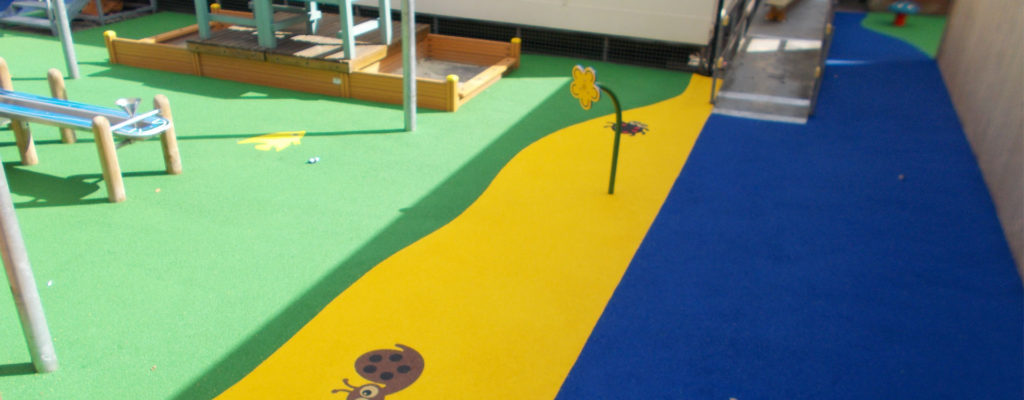
- EPDM/SBR Rubber Surfacing Playground Flooring
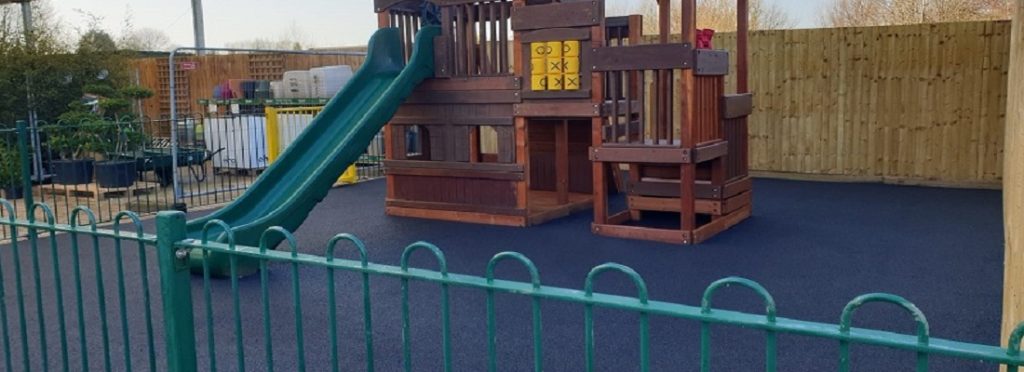
- Expressive Arts Playground Ideas
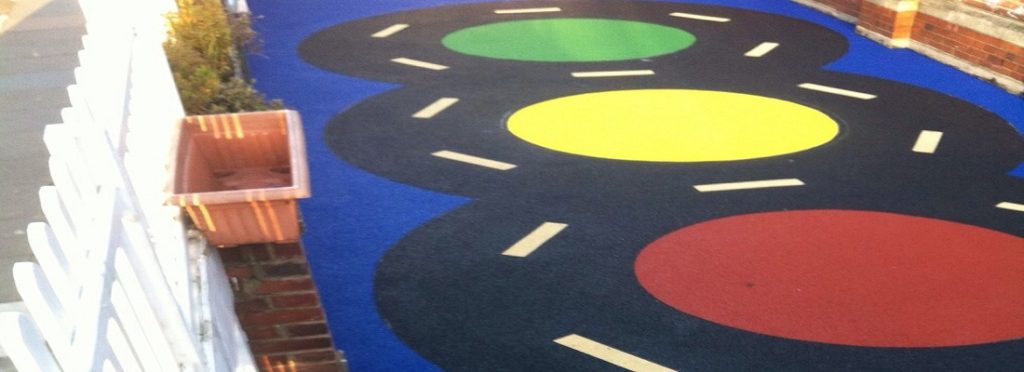
- How Do I Apply for Grant Funds for a Play Area in the UK?

- How Do Wet Pour Repair Kits Work
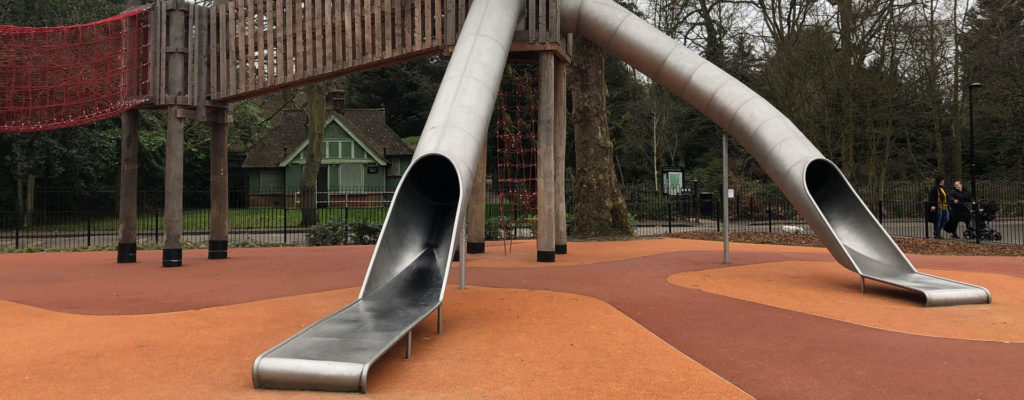
- How Playing Outside Can Reduce Stress and Anxiety
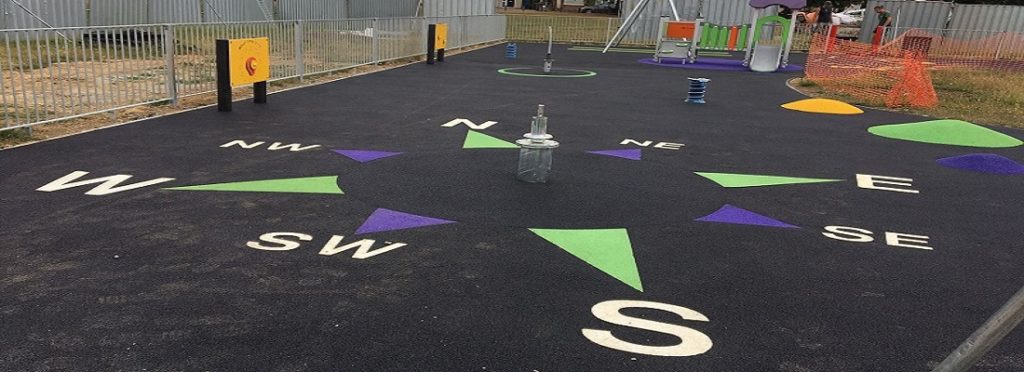
- How to Encourage Phonics Learning on the Playground

- How to Prepare Your Playground for Winter
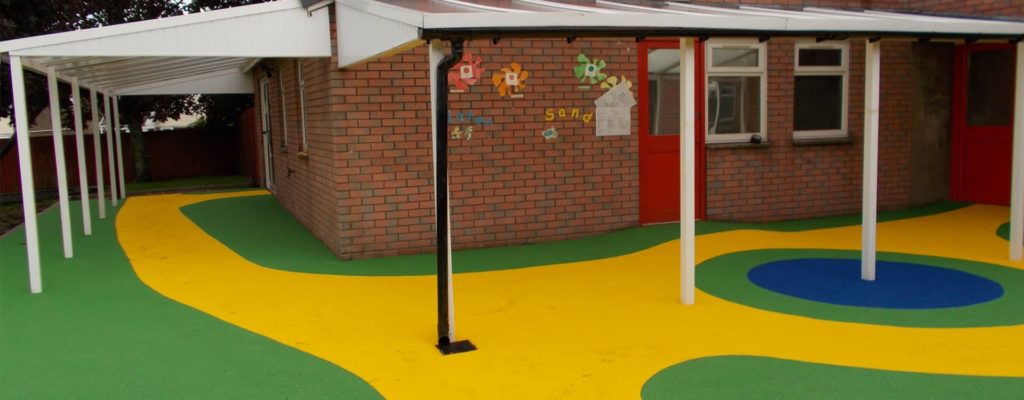
- How to Refresh Your School Playground

- Imaginative Play Ideas for Kids
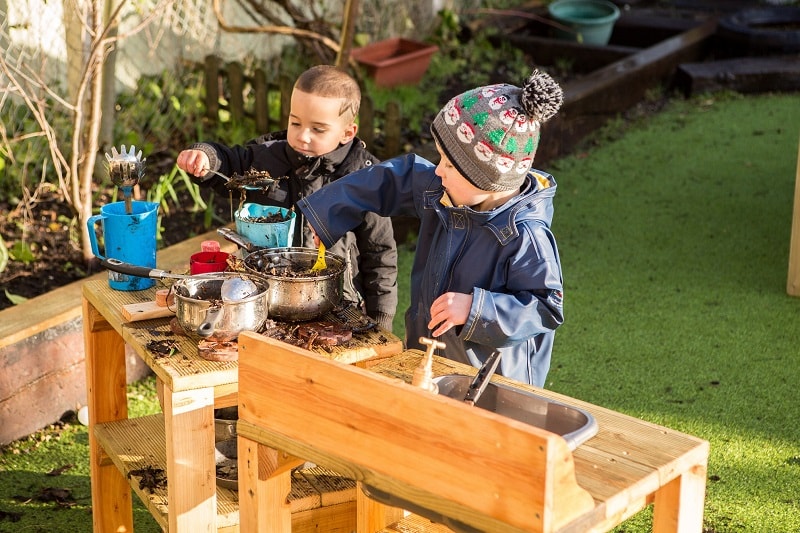
- Impact Attenuating Playground Surfacing
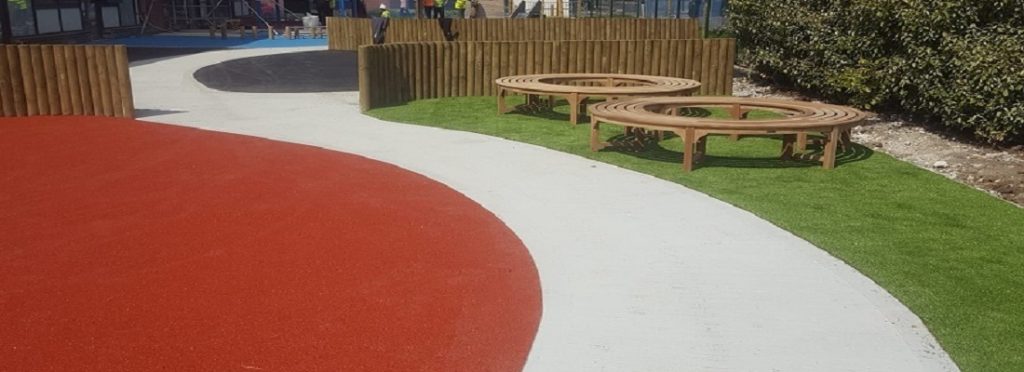
- Improving Children’s Mental Health With Play
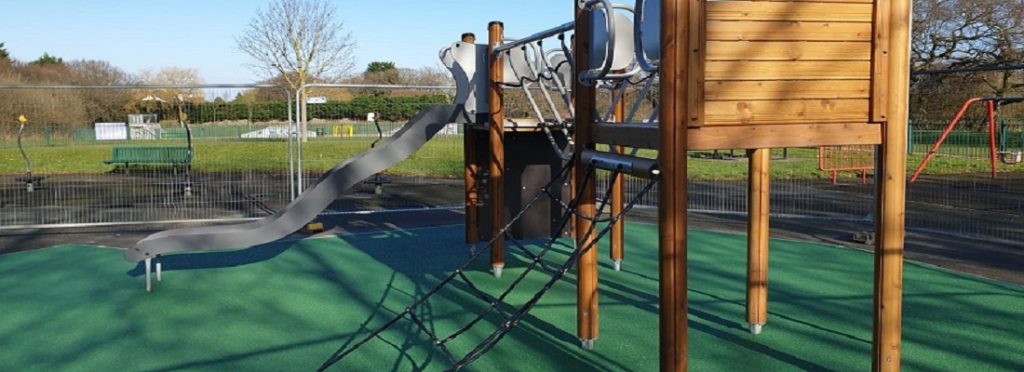
- Inclusive Playground Equipment for Schools
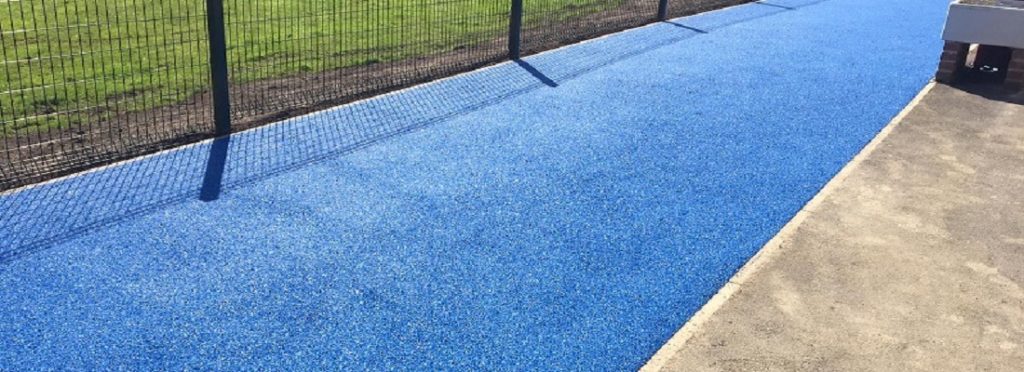
- Independent Learning Activities for Kids
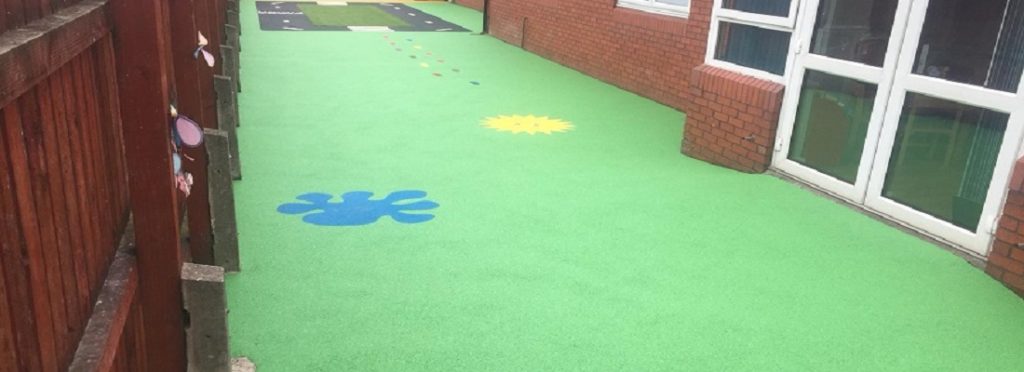
- Lap, Leap, Neap Play Area

- Large Wetpour Play Area Surface in Stockport
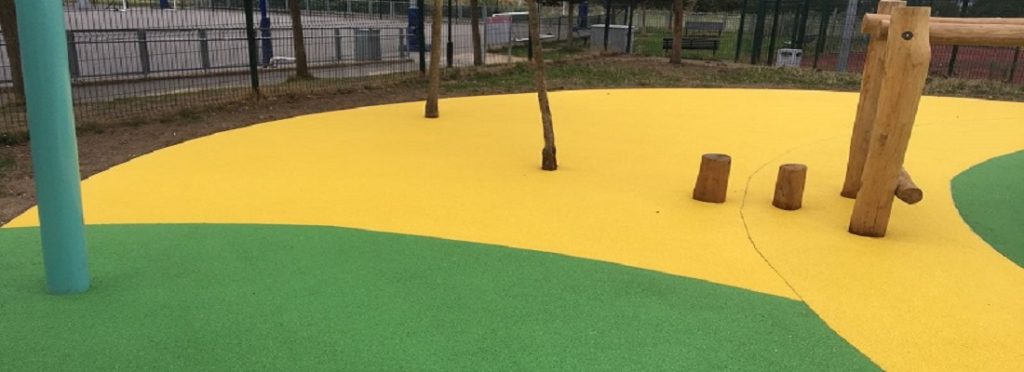
- LEAP Local Equipped Area for Play

- Learning Through Play – Psychology and Theories

- Managing Behaviour Through Active Outdoor Play

- NEAP Neighbourhood Equipped Area for Play
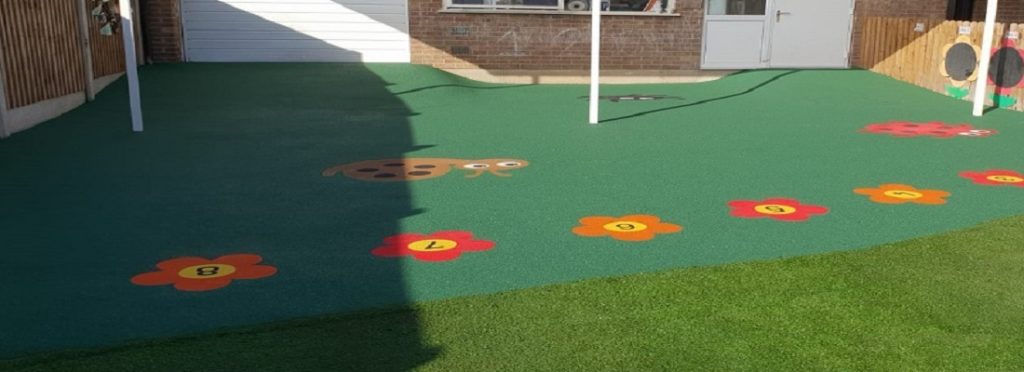
- Needlepunch Playground Construction in Kilmarnock
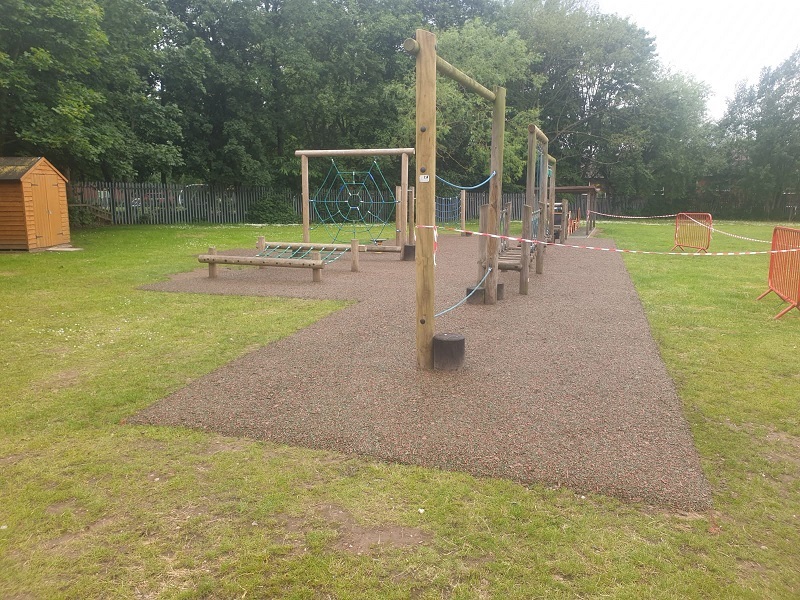
- Nursery EPDM Rubber Surfacing in Wolverhampton

- Nursery Play Area Maintenance

- Nursery Play Area Surfacing
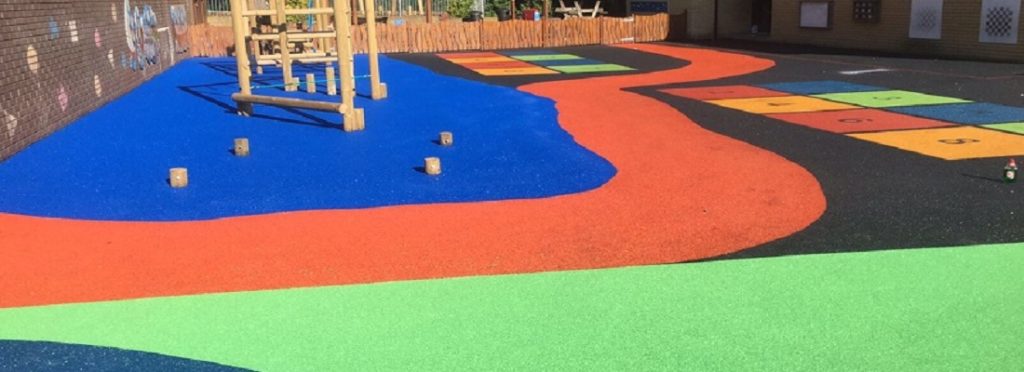
- Nursery Playground Installation

- Nursery School Green Wetpour Overlay in Gloucester
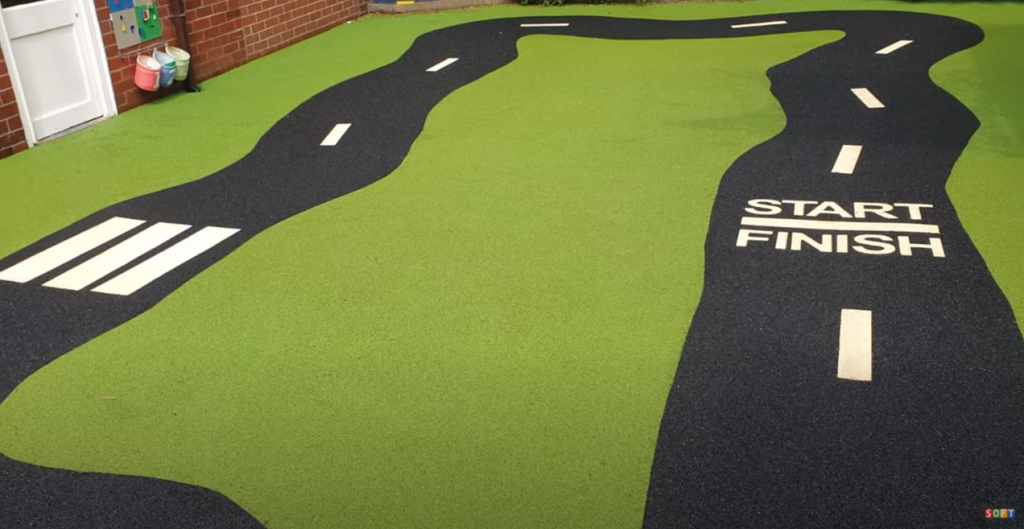
- Ofsted Requirements for Outdoor Play

- Outdoor Maths Games for Children

- Outdoor Nursery School Surfacing in Preston
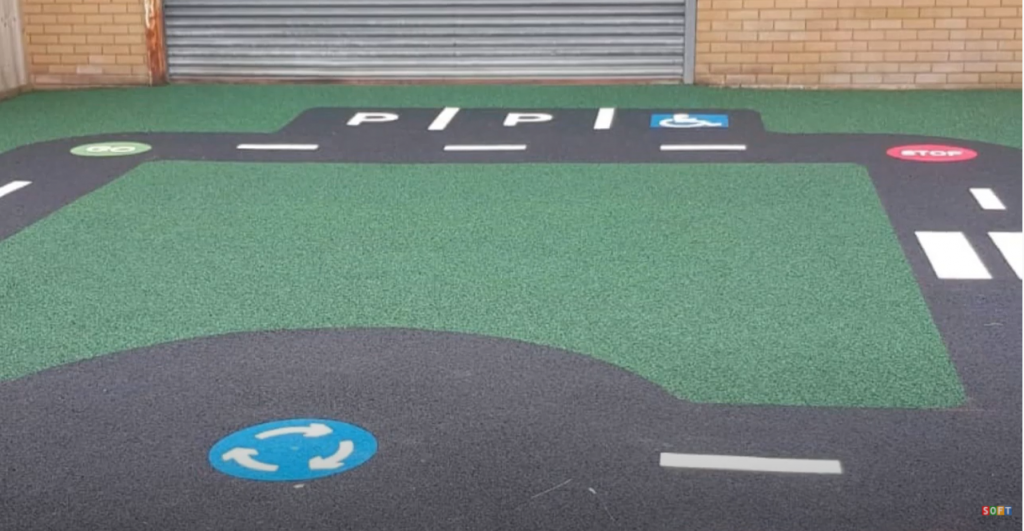
- Outdoor Nursery School Surfacing in Preston Lancashire

- Outdoor Play Area Ideas for Kids

- Outdoor Play Ideas for Children With Dyscalculia
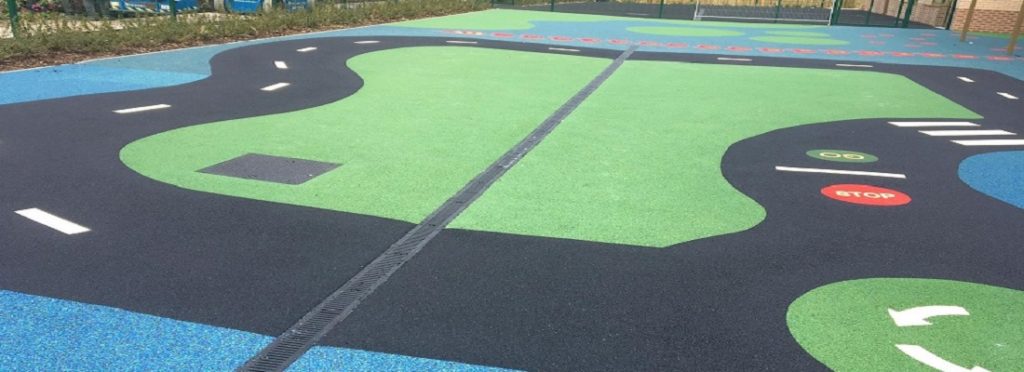
- Outdoor Playground Roadway Design

- Outdoor Safety Flooring Designs
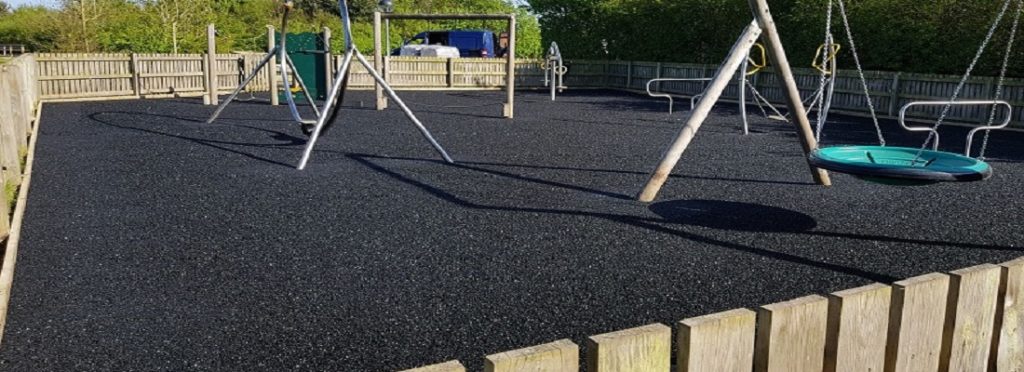
- Outdoor Wetpour Surfacing Install in Leicester
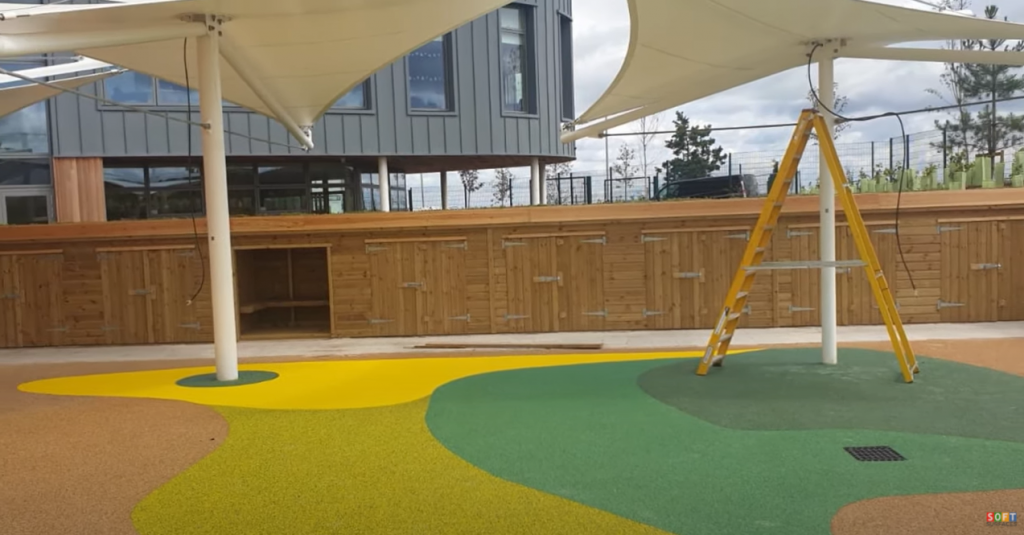
- Play Area Line Marking Specification

- Play Area Maintenance

- Play Area Surfaces
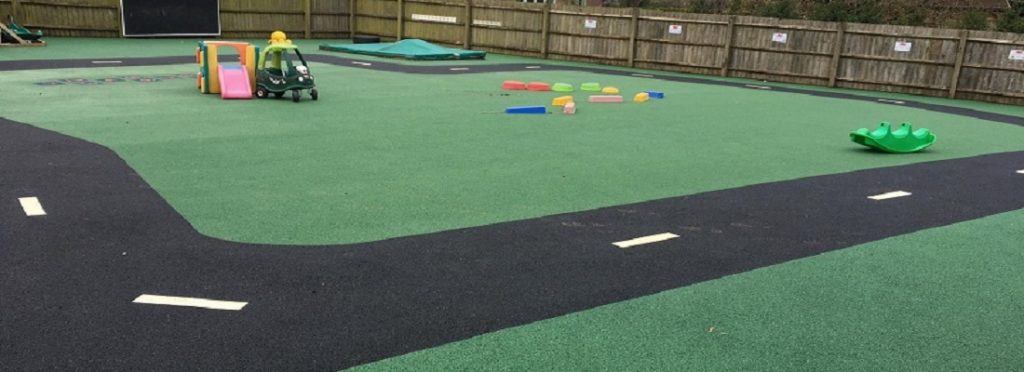
- Playground Activities for the National Curriculum

- Playground Designs for Sensory Processing Disorder

- Playground Equipment for Schools

- Playground Fencing

- Playground Flooring Repair in Birmingham, West Midlands

- Playground Games for Children With Dyspraxia

- Playground Games to Encourage Speech Development
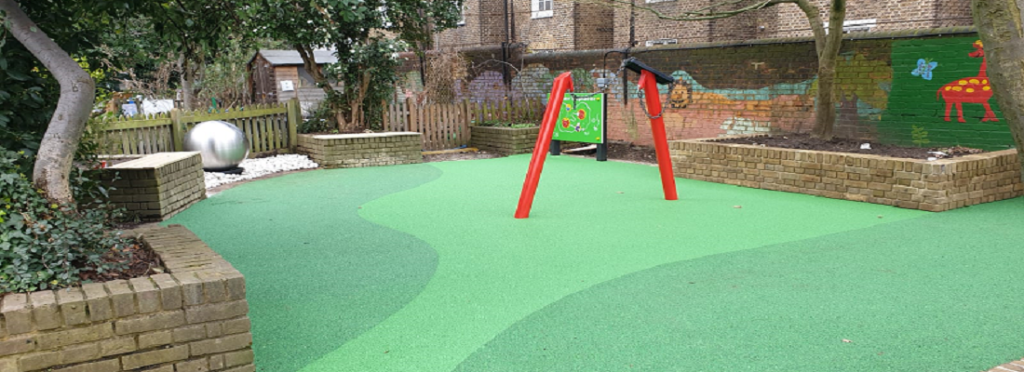
- Playground Grass Mats Safer Flooring
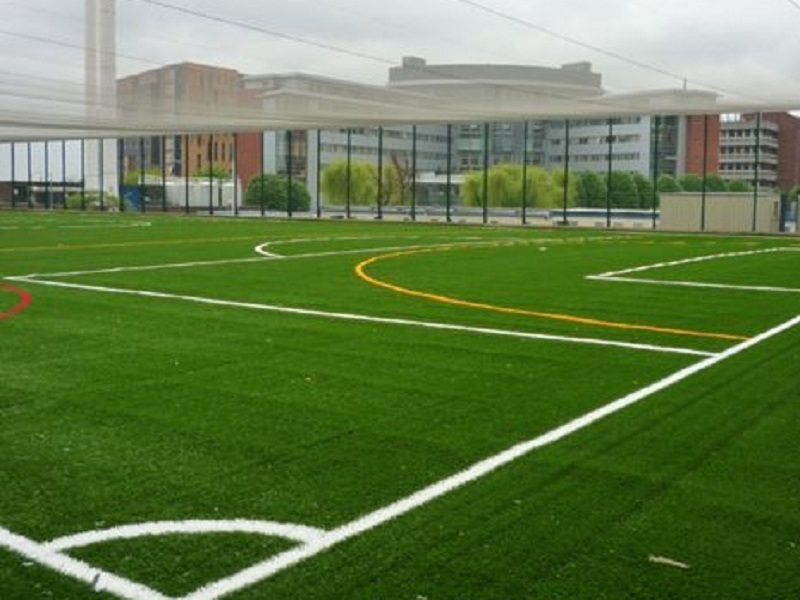
- Playground Marking Graphics

- Playground Markings

- Playground Safety Surface Construction in Reading, Berkshire

- Playground Safety Surfacing with Graphics in Shropshire
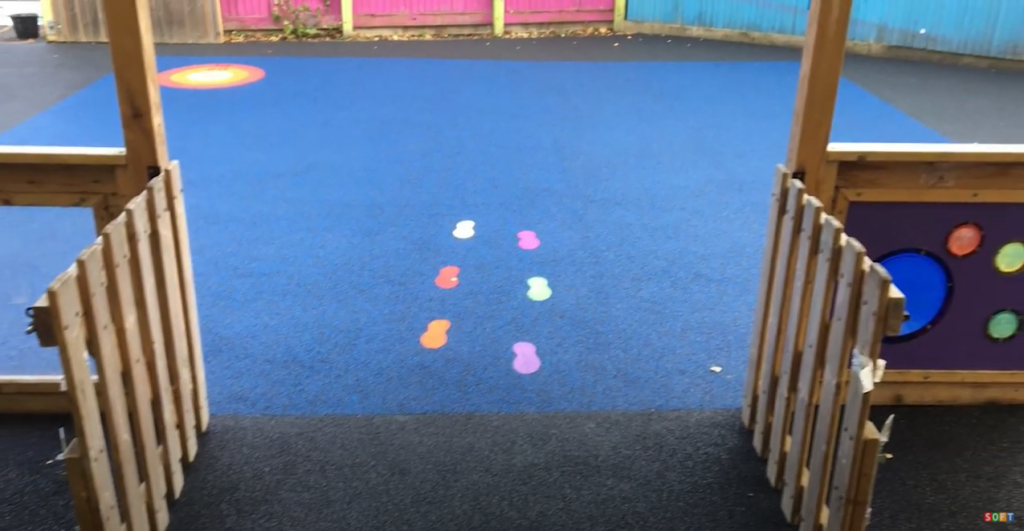
- Playground Surface HIC Safety Flooring
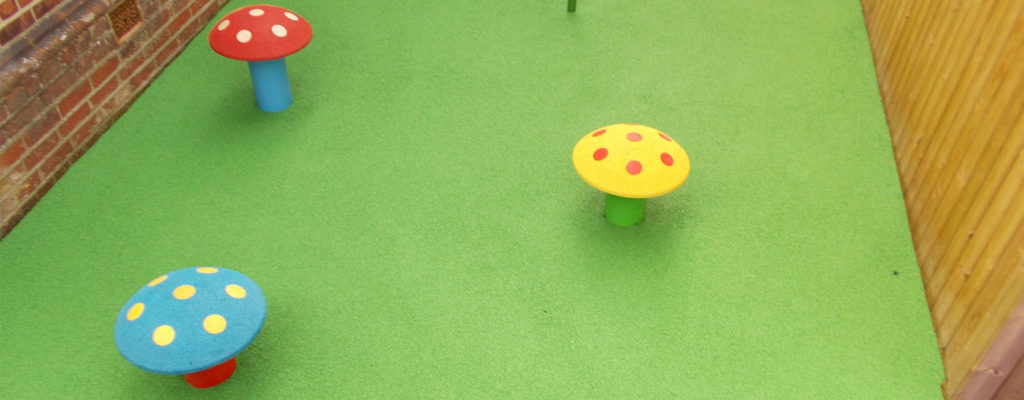
- Playground Surfacing in Hertfordshire

- Playground Surfacing Options

- Playground Wet Pour Flooring in Northamptonshire
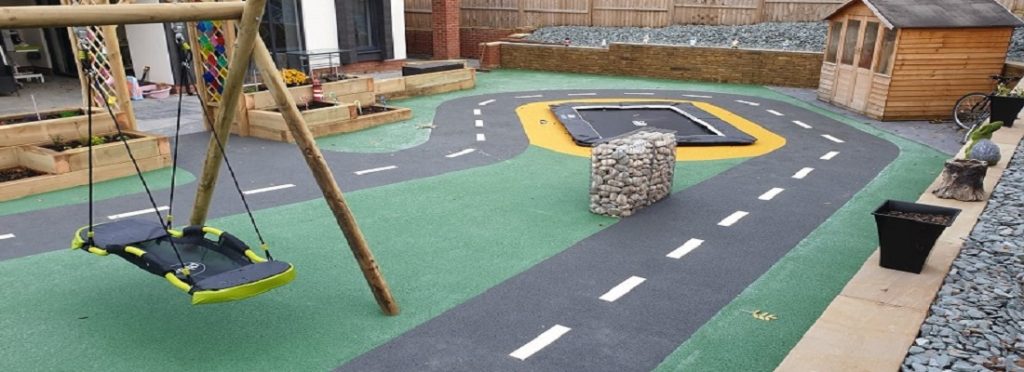
- Playground Wet Pour Flooring in Northumberland

- Playground Wet Pour Flooring in Nottinghamshire

- Playground Wet Pour Flooring in Oxfordshire

- Playground Wet Pour Flooring in Somerset

- Poured in Place Rubber Bouncy Playground Surfaces

- Pre School Play Area Surfacing in Wigan, Greater Manchester

- Pre-School Play Area Surfacing in Wigan
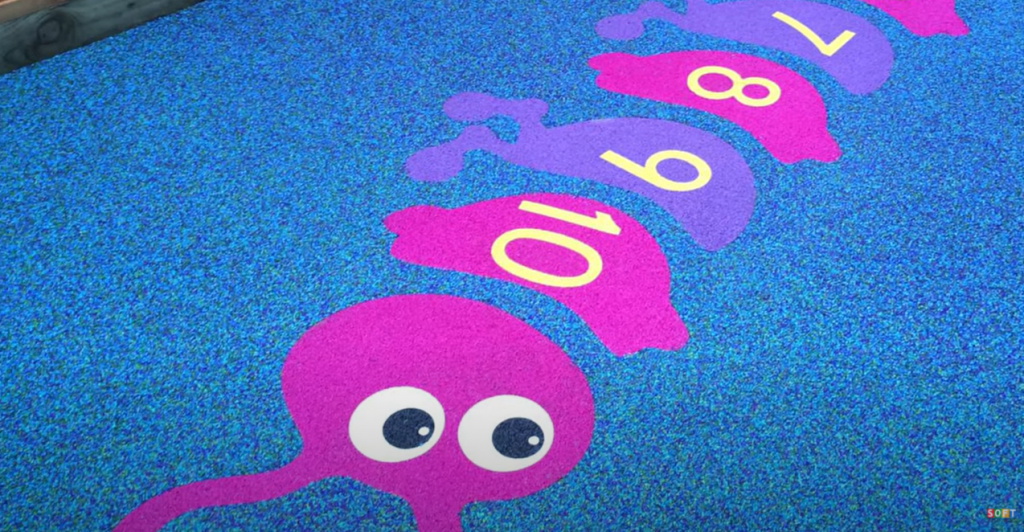
- Primary School Outdoor Classroom Funding Grants

- Protective Playground Flooring

- PS4 Activity Games Space Area in Penrith
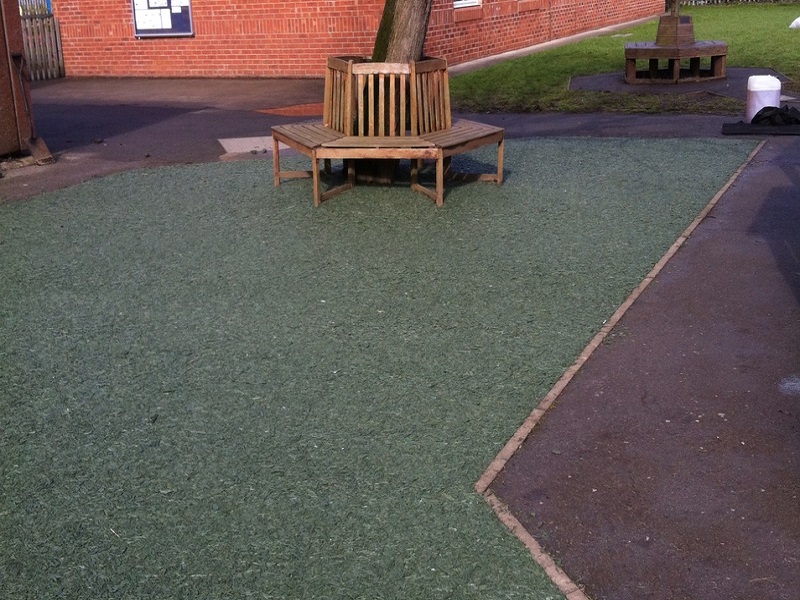
- Q26 – Wetpour Playground Safety Surfacing
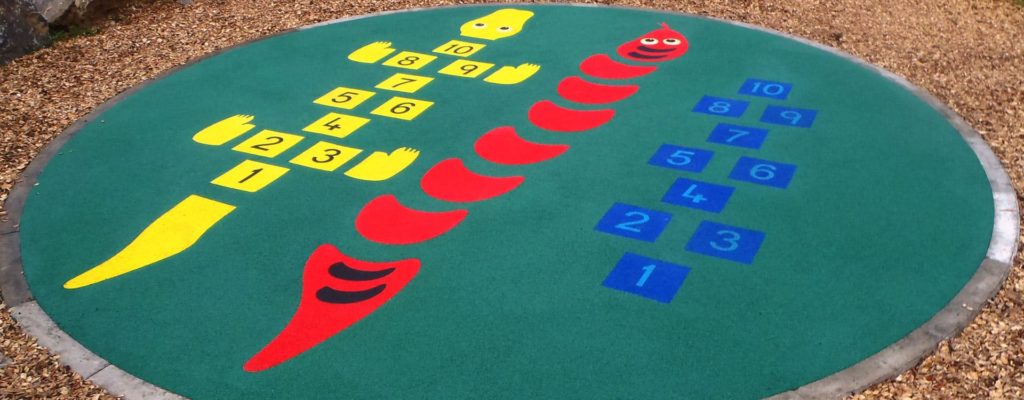
- Rubber Outdoor External Playground Flooring

- Rubber Playground and Artificial Grass Surfacing in Middlesbrough
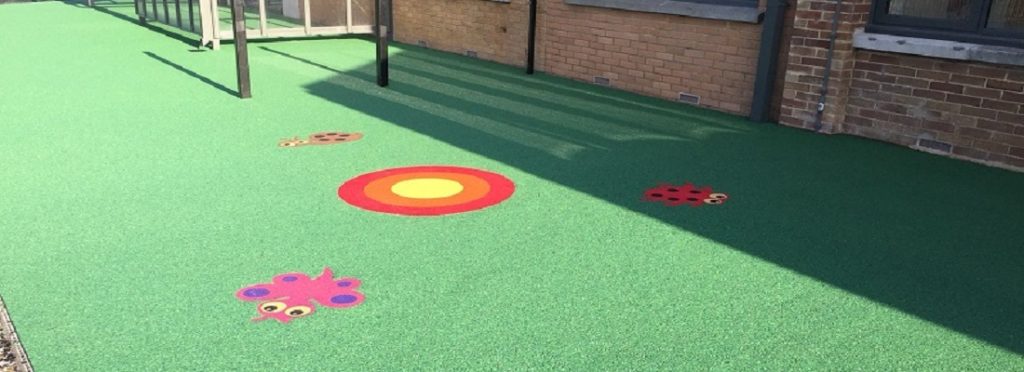
- Rubber Playground Surface Construction

- Rubber Spheres Play Equipment

- Rubber Tarmac Flooring

- Rubber Tarmac School Outdoor Playground Flooring
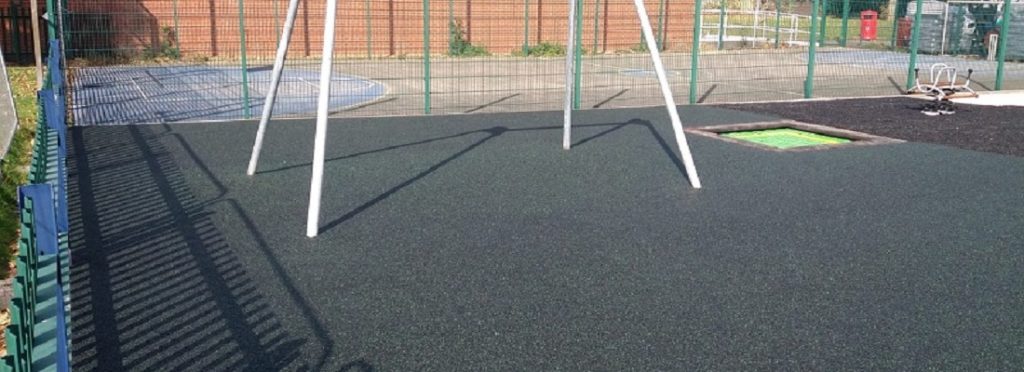
- Safety Surfaces For Playgrounds

- Sand and Water Play Activities for Kids
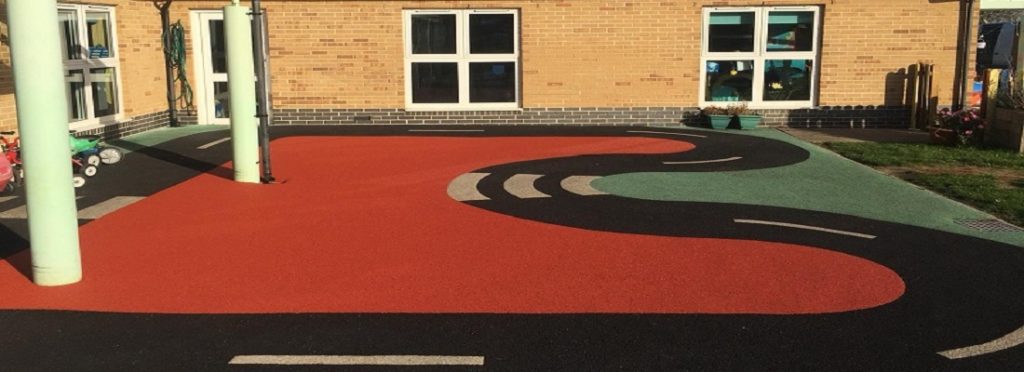
- School Adventure Trail Designs

- School All Weather MUGA Pitches
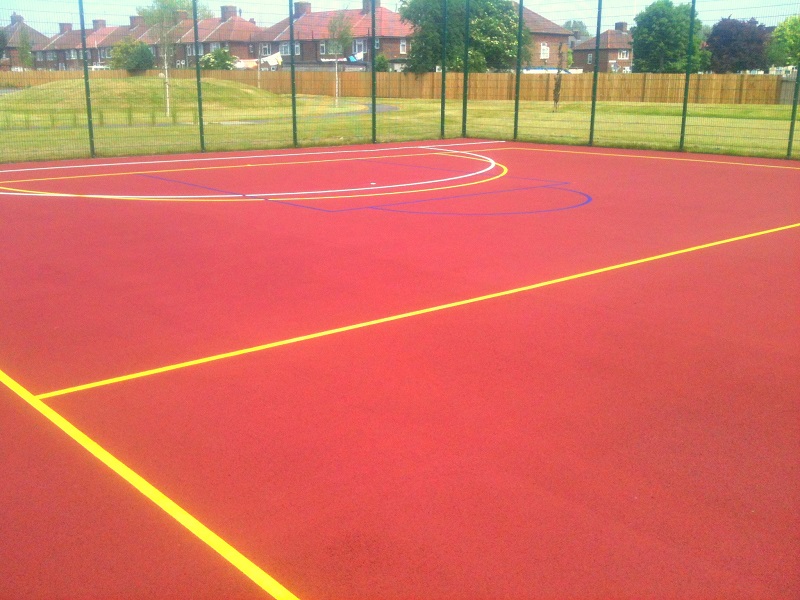
- School Athletics Track Designs

- School Playground Design and Install in Manchester

- School Playground Graphics

- School Playground Groundworks

- School Playground Ideas

- School Playground Maintenance

- School Playground Marking Designs

- School Playground Surfacing

- Schools Recreational Long Jump Runway Length
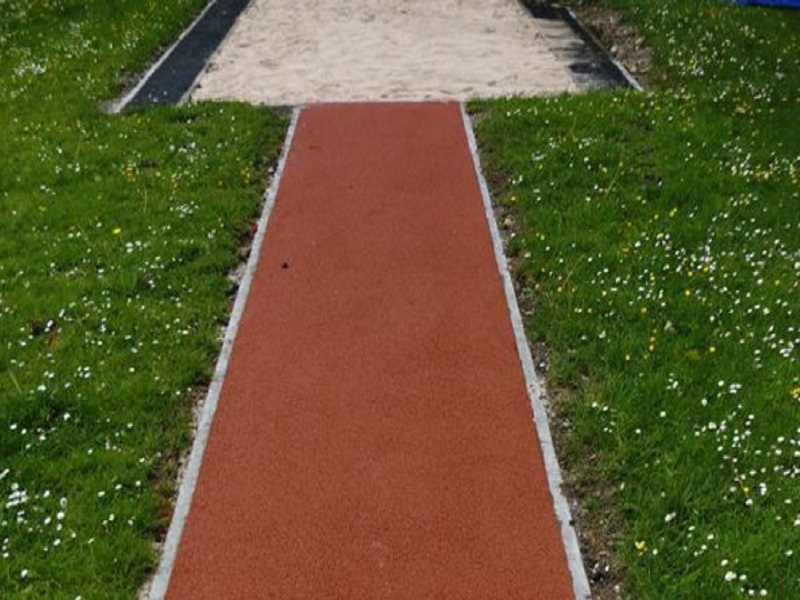
- SEN Playground Equipment for Schools

- Small nursery EPDM Rubber Surfacing in Wolverhampton
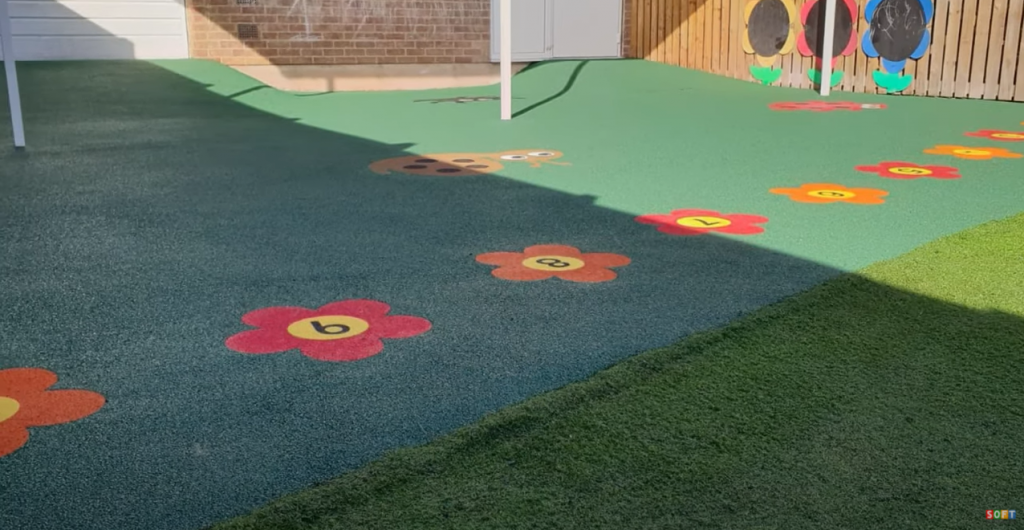
- Soft Fall Impact Absorbing Playground Surface

- Spongy Nursery School Surfacing in Carlisle
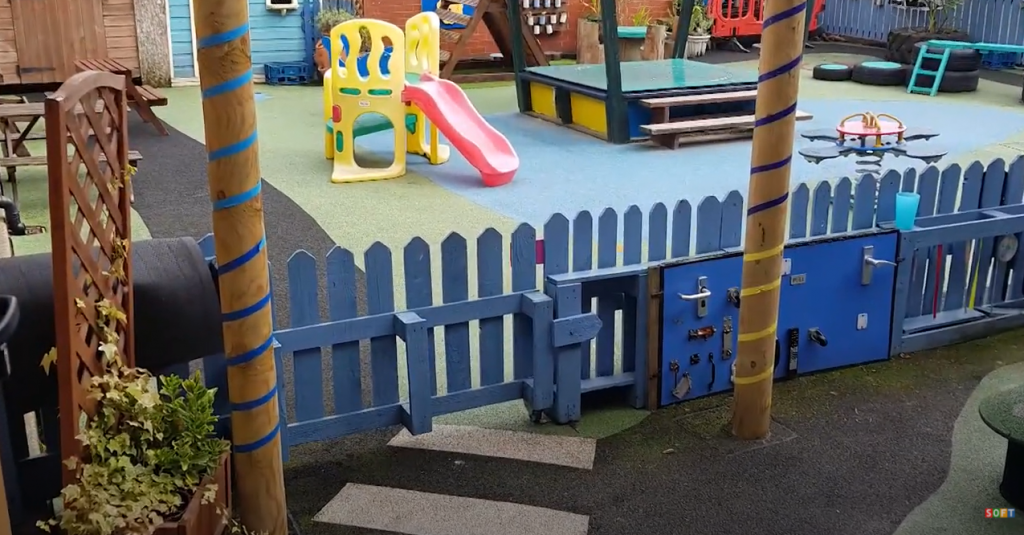
- Spongy Playground Flooring Construction in Woking, Surrey
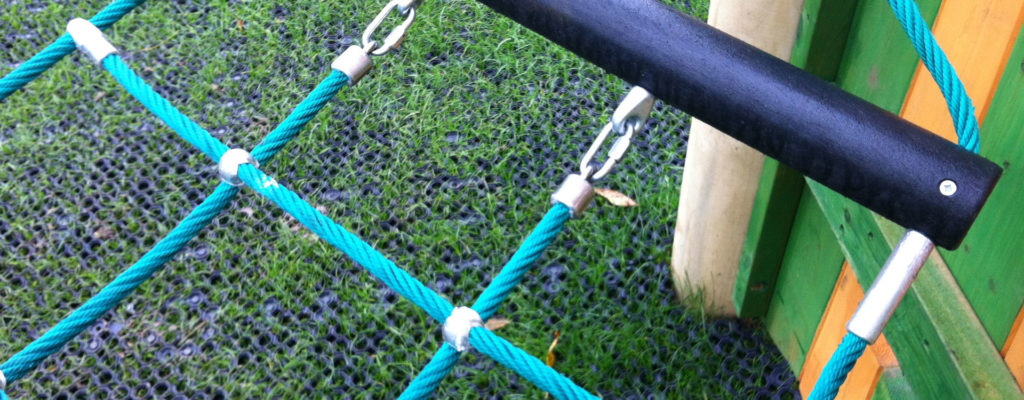
- Spongy playground flooring construction that we carried out in Woking, Surrey
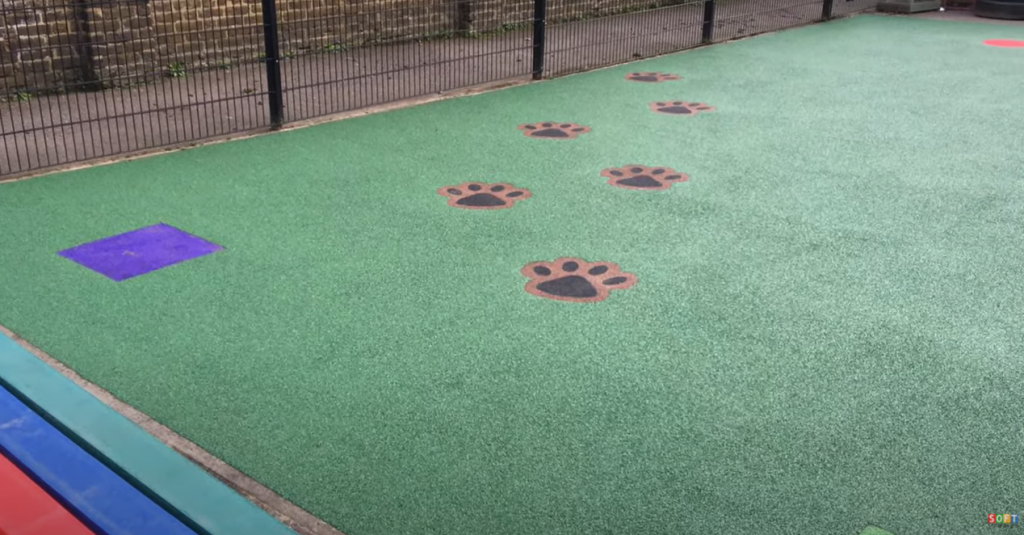
- Spongy Safer Pour Surfacing for Playgrounds

- Tests for Playground Safety Flooring

- Top 3 Safety Surfaces for Playgrounds

- Top 5 School Playground Trends

- Wet Pour Surfacing and Synthetic Turf Construction in Worthing, Sussex
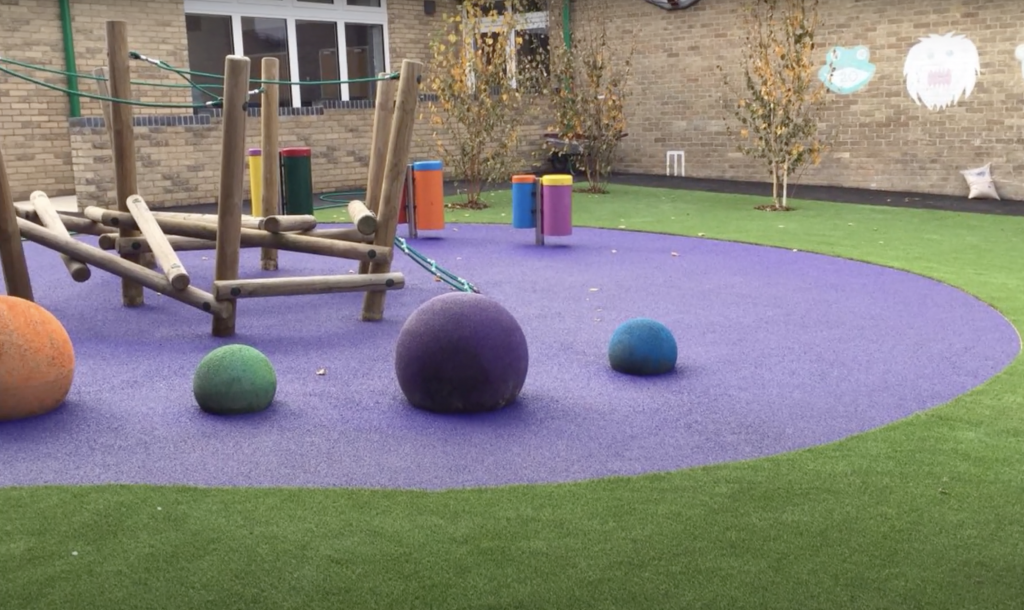
- Wetpour Flooring & Graphics Installation in Bristol
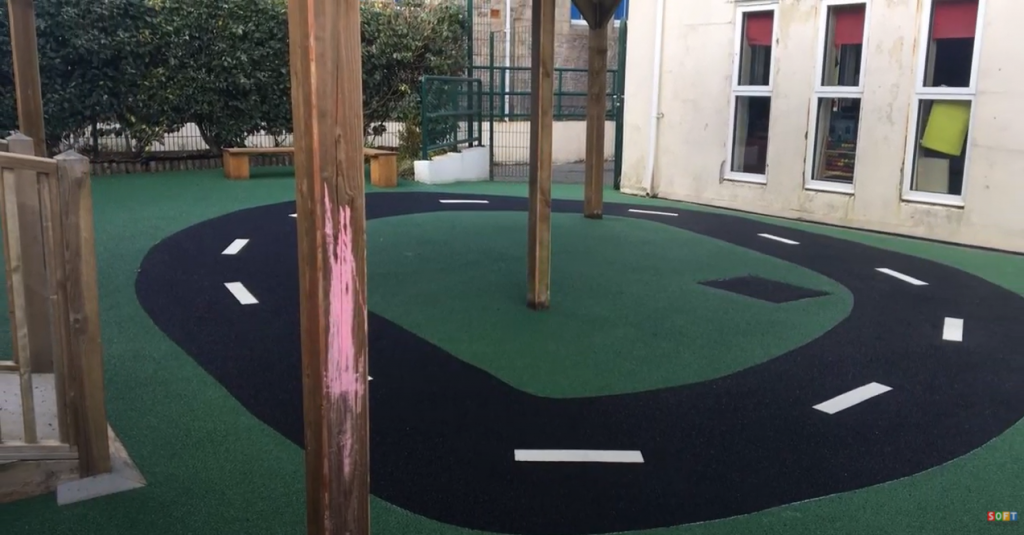
- Wetpour Playground with Graphics in Salford, Greater Manchester
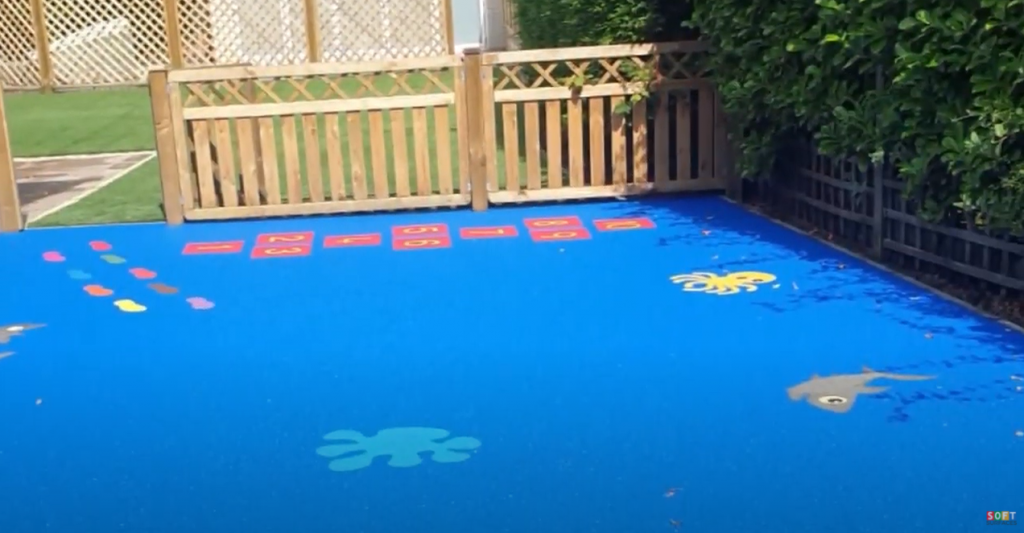
- Wetpour Safety Flooring with Graphics at a Nursery in Cheltenham, Gloucestershire
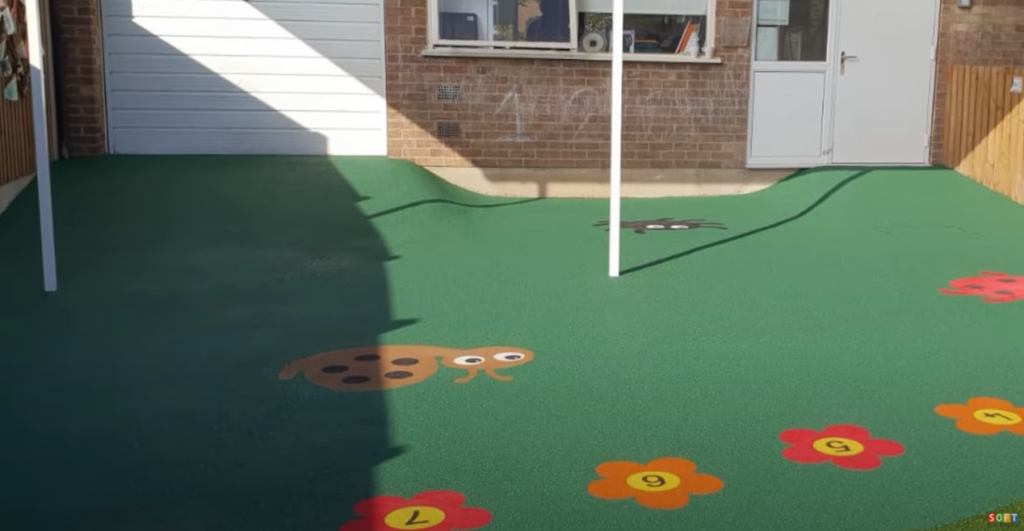
- What Is Critical Fall Height?

We hope you enjoyed reading about the benefits of sensory play for autism. Why not give these a go at your school and see how they can help children’s development.
Get expert advice, today call us on
Get a FREE quote from our award winning team